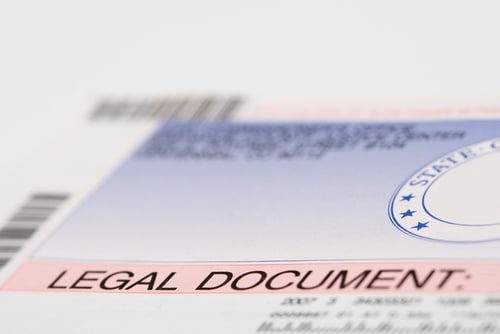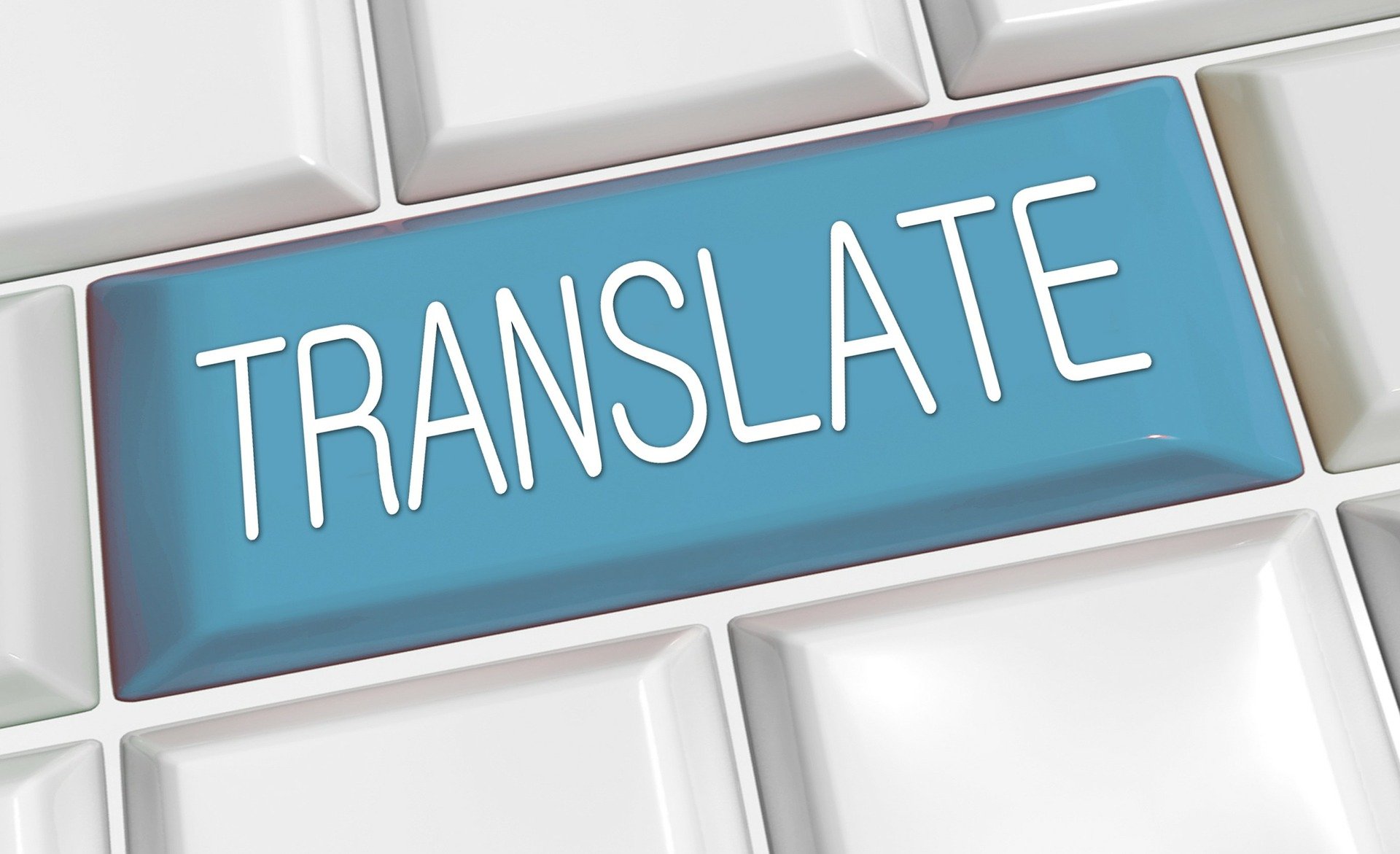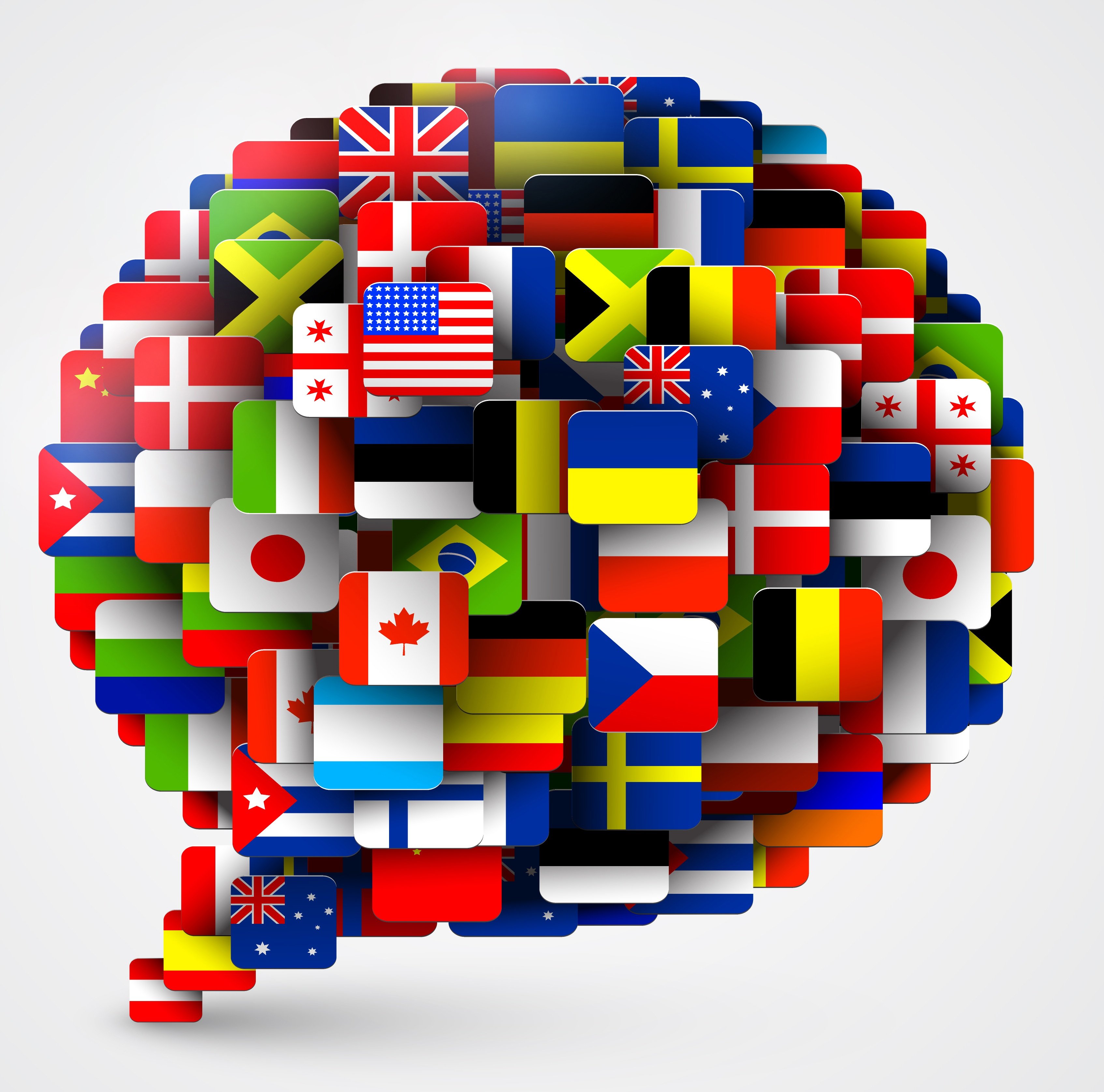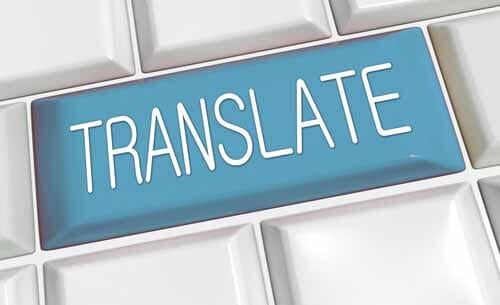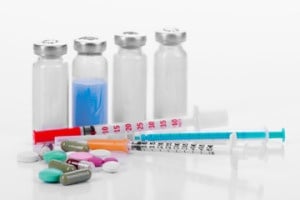Listen to Audio Version:
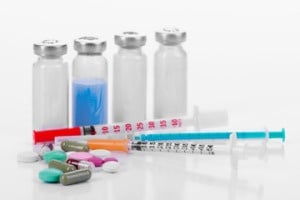
Correct pharmaceutical translations matter. Ever since 1961, when the thalidomide disaster unfolded, the pharmaceutical industry has been working with international medical societies, regulatory authorities and valued partners like the World Health Organization (WHO) and the Council for International Organizations of Medical Sciences (CIOMS) to promote safety in the creation, manufacturing, and delivery of medicines around the world. As a whole, all of these agencies and organizations agree that clear and precise language – used to communicate everything from a drug’s chemical makeup to how it is used – is integral to upholding the industry’s safety standards. Therefore, working partnerships between professional translation services and pharmaceutical businesses are critically important. Here are seven ways that a professional agency like Rapport International, a Boston translation company, can boost safety standards for your pharmaceutical company while simultaneously promoting your company’s product around the globe.
1. Create an excellent Summary of Product Characteristics (SmPC) document. The SmPC is considered the most important and comprehensive document in the pharmaceutical industry because it explains in detail the purpose and characteristics of any given drug and includes vital information like active substances in the medicine, the drug’s composition, its uses, dosages, pharmaceutical forms, and known adverse reactions. All of the information contained in the SmPC is checked and approved by the local or European Union medicine licensing authorities. It goes without saying that clear and precise instructions about how to use and prescribe the drug are integral to the implementation and safety of the product. Not only do health professionals need to understand this information but ultimately, the SmPC is also the basis for the Patient Information Leaflet (PIL), which is inserted into the drug packaging and is read by consumers who often have no understanding of medical terminology. Precise words, syntax, grammar, and punctuation are needed. To ensure safe and accurate translations, companies like Rapport International only assign native-speaking linguists with extensive knowledge and experience in Life Sciences Translation to work on highly technical documents like SmPCs.
2. Meeting the Criteria Set by the EMEA and other Regulatory Agencies Pharmaceutical companies issue SmPCs and PILs but both materials must meet the requirements of regulatory authorities in the country/countries where the drug will be sold. Products sold in Europe must also meet the guidelines set forth by the European Medicines Agency (EMEA), which states that SmPCs, PILs, and packaging and labeling texts must be presented in the official language of the Member States where the product is placed on the market. If more than one language is used, the information must be presented in all languages and all versions must be identical. In fact, a manufacturer cannot even apply for a drug registration without first having submitted the properly translated and localized versions of these documents to the proper authorities. This can be a daunting task considering there are 23 languages in the European Union as well as recognized minorities that speak Catalan, Corsican, Frisian, and Welsh. Additional languages need to be considered for countries like Norway and Iceland, non-EU but EEA members, and countries like Croatia, Serbia, and Macedonia, which are candidate EU countries. No one said global marketing would be easy but working with a professional translation service takes the guesswork out of assessing the diverse language and cultural demands that need to be addressed to safely deliver medicine around the world.
In addition to precise language requirements, the EMEA also adheres to a strict timetable of 20 days for all translated documents to be submitted. Professional translation and interpretation companies like Rapport International understand these constraints and can efficiently deliver accurate and precise materials on time and within budget because only medical translators familiar with regulatory submissions are chosen to handle such projects. But don’t limit your translation agency to working solely on SmCps and PILs. Translations of documentation and content for dossiers, case report forms (CRF), toxicology reports, manuals, exhibits, packaging & labeling, clinical summaries, software localization and internationalization, and product updates can also be easily handled by the same company.
3. Addressing Readability and Localization Issues
Since November 2005, all medical products in Europe are legally required to have PILs readability-tested to ensure that leaflets are “legible, clear and easy to use,” according to European Directive 2001/83/EC (as amended by Directive 2004/27/EC). And, it’s the manufacturer’s responsibility to submit a readability test report confirming that these standards were upheld. Although specific requirements for readability have largely been undefined, here are a few criteria to consider:
1. Aim to have at least 90% of readers understand PILs in order to guarantee safe administration of medicines
2. Carefully edit and check leaflets for grammar, spelling and usage errors.
3. Conduct pilot tests or questionnaires to assess readability.
4. Adhere to the template published by the Quality Review of Documents (QRD) group of the European Medicines Agency that defines what information needs to be placed under what headings.
5. Use proper templates for central procedure (CP), mutual recognition procedure (MRP), or decentralized procedure (DP).
In addition to readability, it’s also imperative to culturally adapt all materials, whether they are for clinical research or regulatory purposes, so that the target audience not only understands the information but that they also aren’t offended or confused by words or pictures on any materials. Case in point, when Gerber sold baby food in Africa, they kept their traditional label sporting a smiley baby, but Gerber failed to recognize that due to low literacy rates, pictures on labels in Africa denote what’s inside. Needless to say, customers were perplexed about the product. Professional translation agencies make it their business to know as much about a target area’s language(s) as well as its culture(s). Overseeing successful marketing campaigns and delivering safe products require an understanding of both.
4. Working With Clinical Research Organizations (CROs)
Biotechnology, pharmaceutical and medical device companies rely on the support of CROs to conduct research across the globe and CROs rely on professional translation and interpretation services to translate critical documents into specific target languages where studies are conducted. Accuracy during this phase involves more than precise translations; understanding cultural and educational limitations is important, too. Everything – including case report forms (CRFs), confidentiality agreements, informed consent forms (ICFs), investigator brochures, patient diaries, patient reported outcomes (PROs), protocols, study plans, safety reports, patient questionnaires, and interactive voice response (IVR) prompts –need to be adapted to precise readability levels and cultural standards. For example, sensitive topics like sex require an awareness of how using specific words can change a patient’s receptivity to sharing truthful responses. A broad translation like, “Has a partner become pregnant since your last visit?” might trigger a less-than-accurate response from a male patient residing in a morally conservative region, whereas using a more acceptable or familiar term like “wife” might elicit a more truthful and less uncomfortable response.
Let the experts make linguistic decisions so your life sciences company can focus on developing and delivering medicine to wherever it’s needed. Professional companies like Rapport International will handpick the right translator for the job, ensuring that the linguist understands the culture, the language, and the science behind the words as well. Never sign a contract with a translation agency unless you first understand how the company works and what quality assurance standards are in place. Issues like editing & proofreading, back translation & review, and customer satisfaction should always be top priorities.
5. Make Use Of Optional Support Services
Good translations start with a solid foundation and with pharmaceutical translations, a solid foundation includes a master glossary. This master list of product names, key terminology, and medical definitions in all of the languages that will be used will help to keep translation projects organized and consistent. In the long run, glossaries save time and money by making editing and proofreading easier. Additional services worth asking about include: source text editing, in-country validation management, and back translation. Also, take notice if your language translation agency can certify and notarize your medical translations as this, too, saves time. All of this requires a bit of research when looking for a reliable translation company, but if safety and success are priorities, it’s worth the effort. (To read more about selecting a reliable translation company read our blog.)
6. Don’t Ignore Legal Aspects Of Pharmaceutical Translations Legal documents rely on specific word selection and syntax. Translating those documents is no less demanding. Don’t leave your patents, contracts, patent applications, or litigation and discovery documents in the hands of a linguist without the proper credentials and expertise. Doing so could result in serious time delays and legal troubles that could destroy your pharmaceutical business. Always ask your language provider about its experience with legal document translations and do ask specific questions about the translator who will be working with your company. As with all translation projects, your pharmaceutical company should be assigned a lead project manager who can facilitate the process of translating whatever legal documents are needed in a timely and cost-saving process.
7. Find A Translation Company With Dependable Quotes Management of pharmaceutical translations around the globe can get expensive, but never choose a translation agency solely on receiving a low quote. Too many translation companies offer low quotes to win jobs and then bill for added or unexpected services later. Do your research by investigating a company’s web site, asking questions, and comparing references and services. Always pick a certified translation company with a reputation for staying within budget, meeting deadlines, and guaranteeing customer satisfaction. Never leave the success and safety of your pharmaceutical or life sciences company in the hands of an amateur. Like most reputable translation agencies, Rapport International offers free quotes.
Rapport International specializes in multilingual communications, providing language translation and interpretation services that are accurate and culturally appropriate. We use the right voice and the correct terminology to avoid liability, customize services to your needs, and deliver on time and within your budget. With our 100% satisfaction guarantee, you can trust that it’s done right. Contact us today if you would like more information or to get a free quote.
Popular Posts
Popular industry news, interviews, technologies, and resources.





